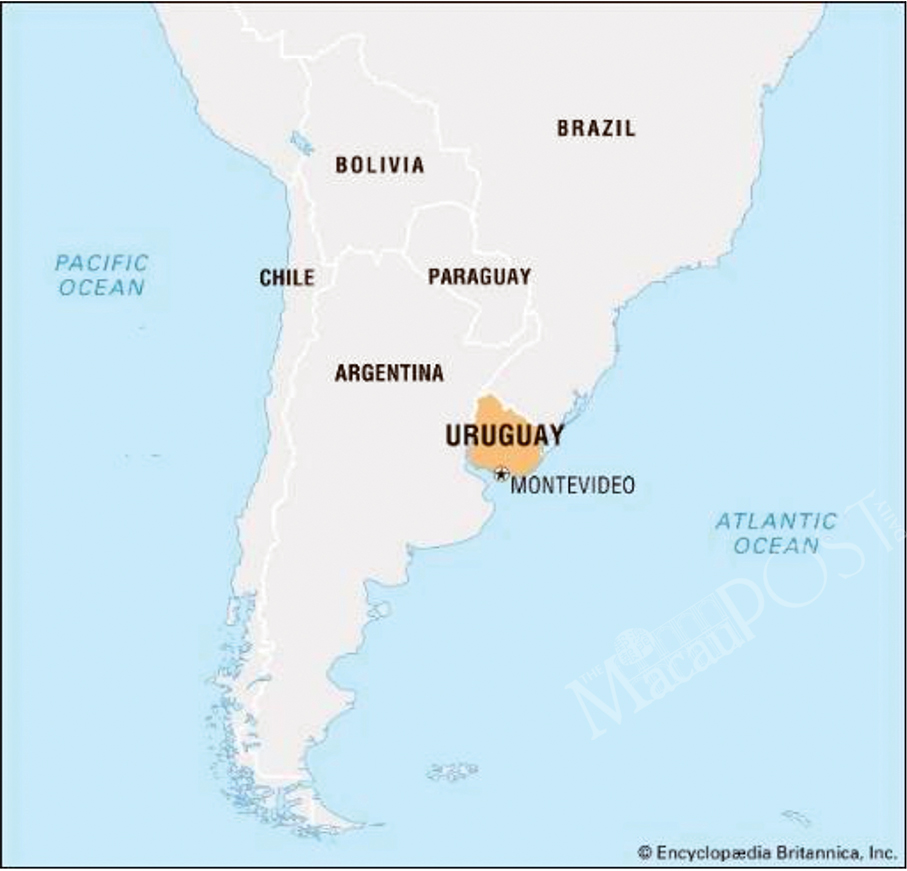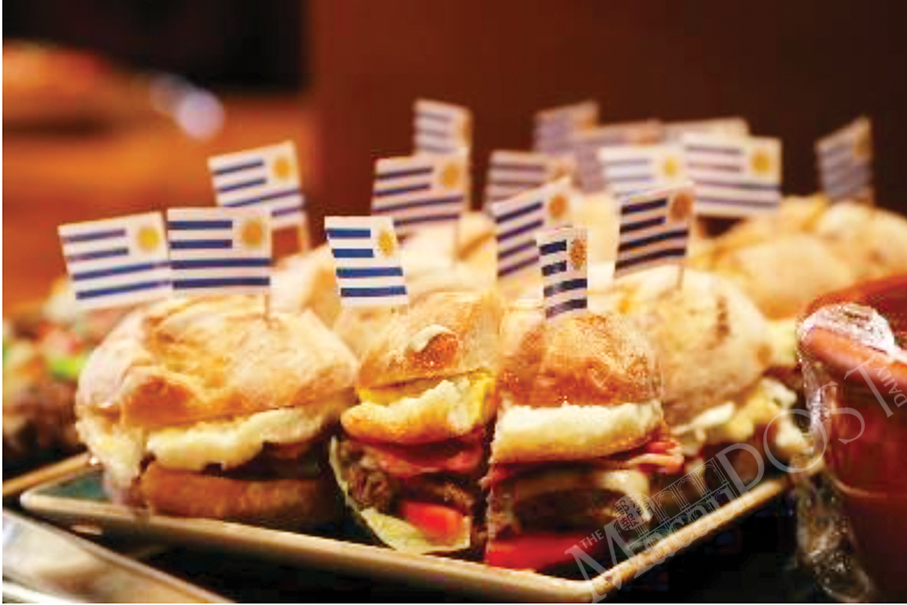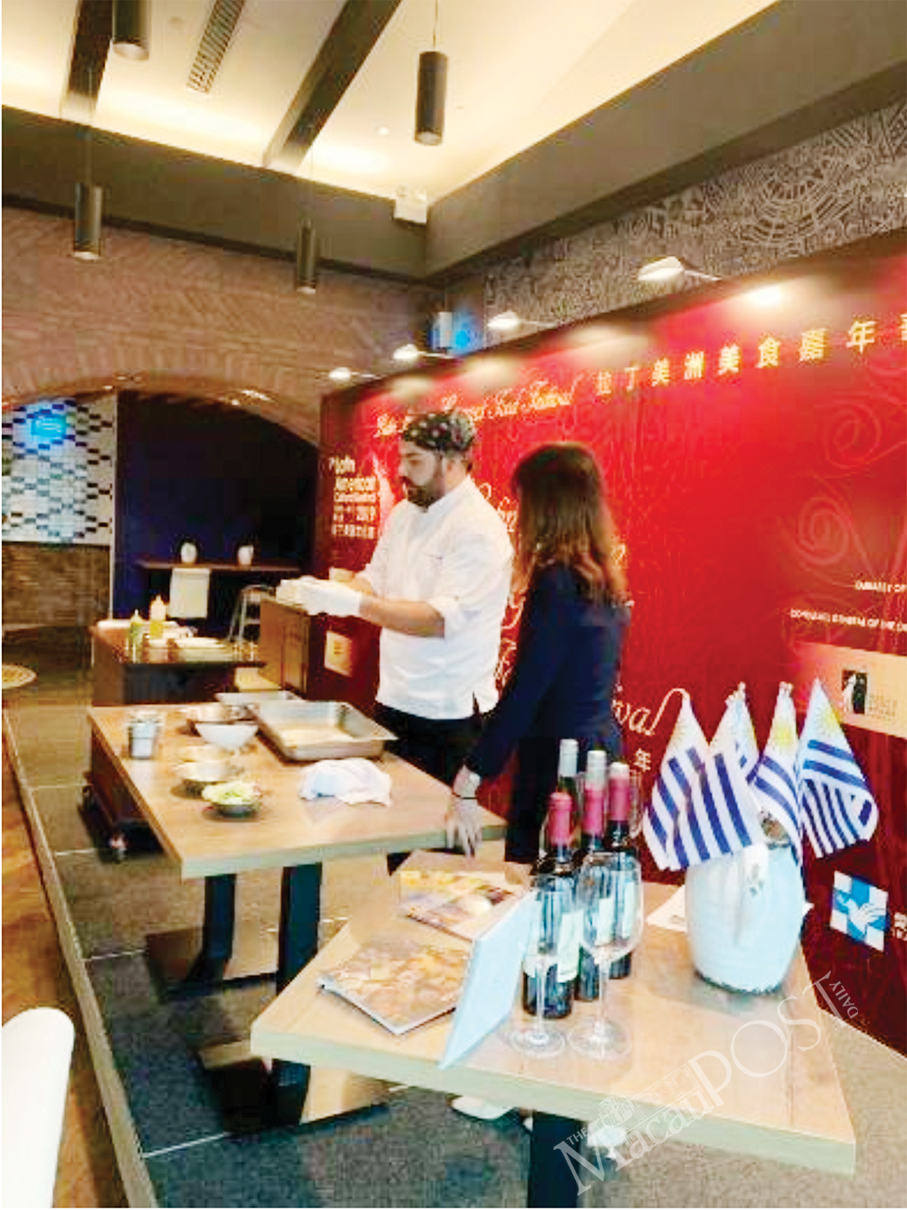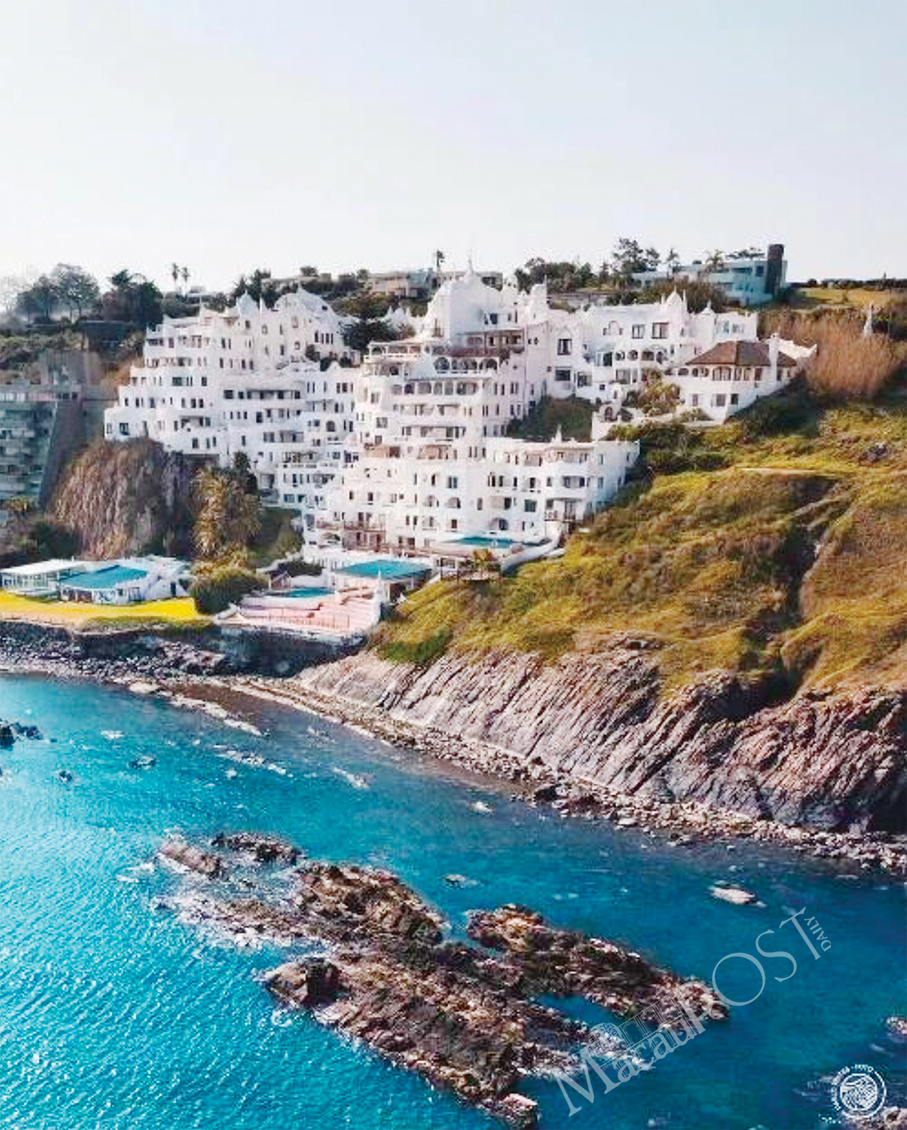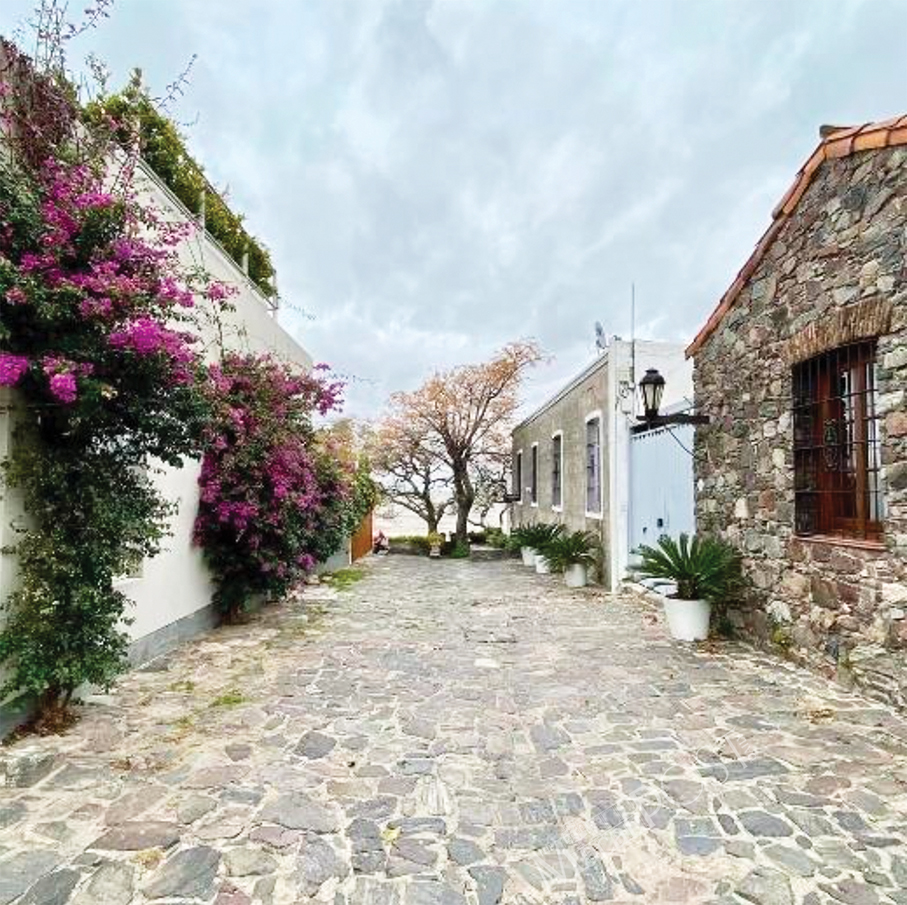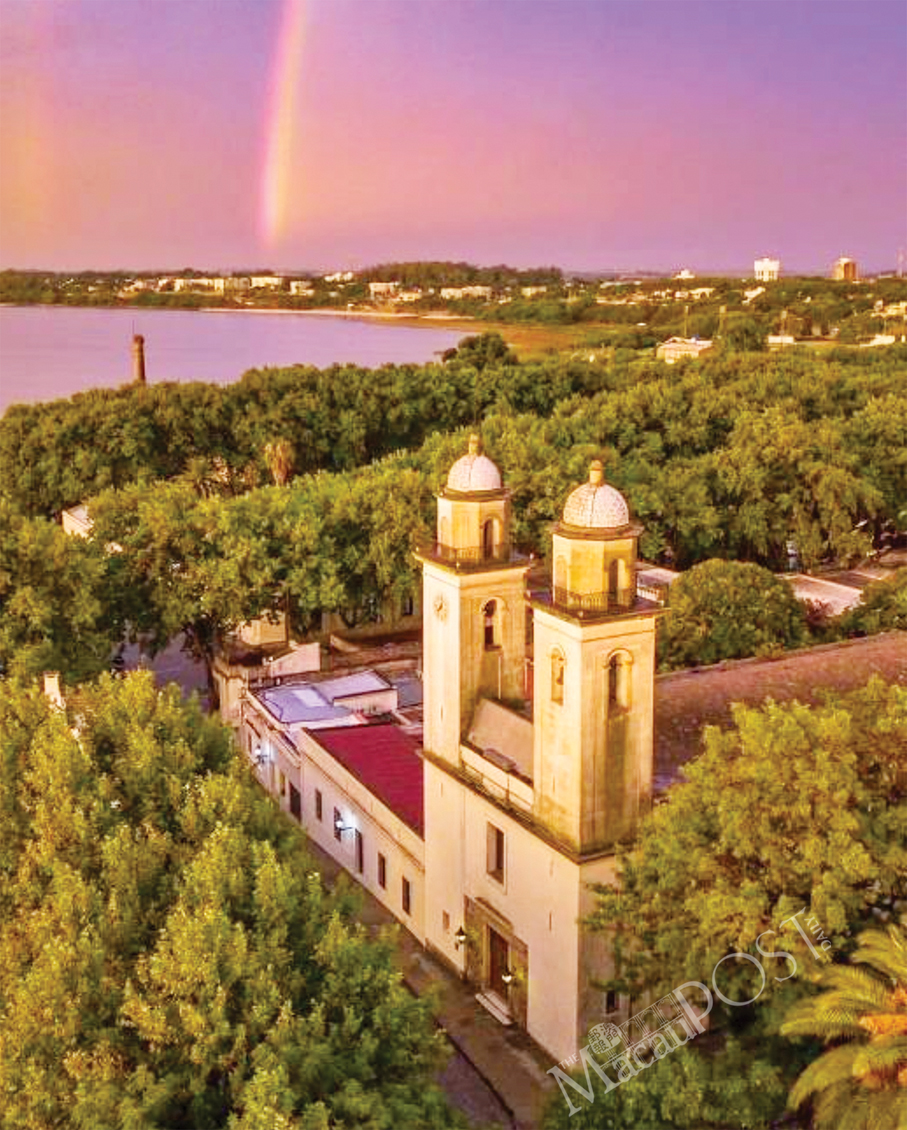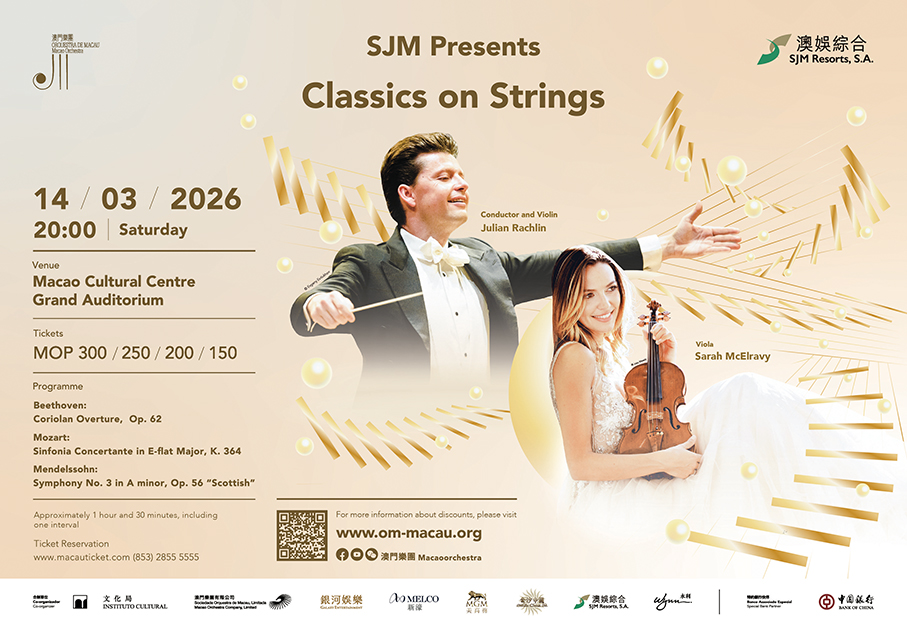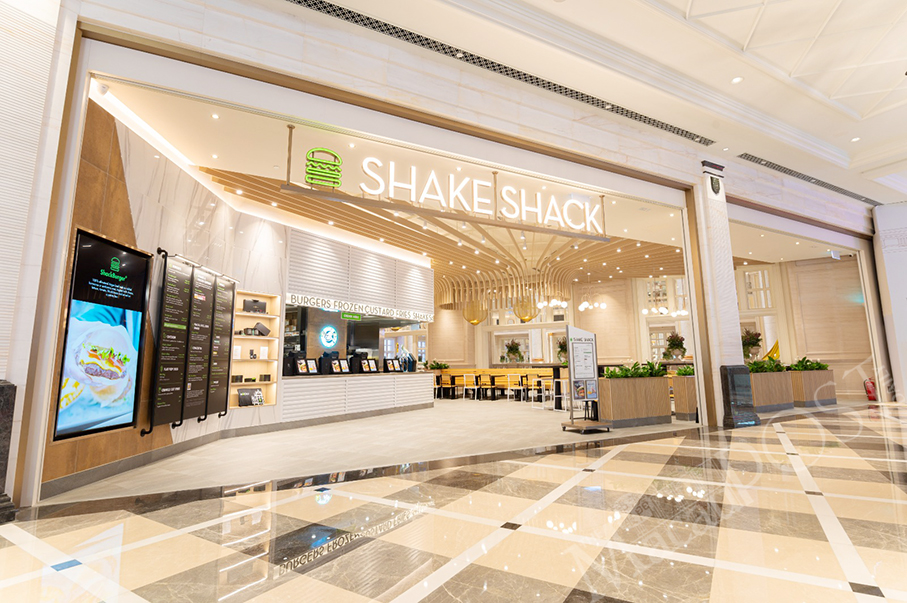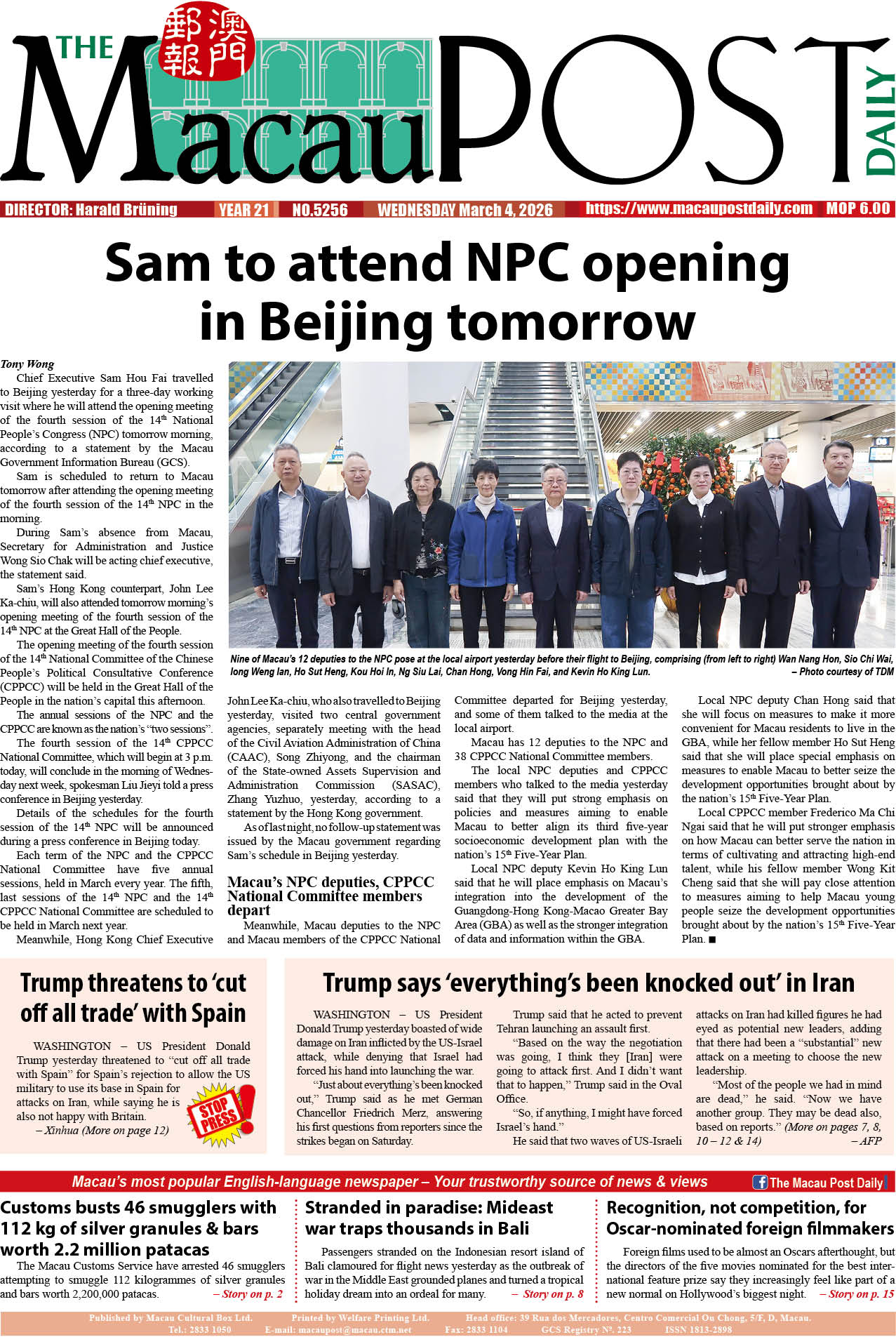Multidimensional Partnership between Uruguay and Macau in the Greater Bay Area
The Independence Day of Uruguay is celebrated on August 25 as a public holiday nationwide. The celebration typically starts in the afternoon and may last until early morning with festivities including public speeches, parades, performances, parties and other events. The most colourful celebration is held in the capital city of Montevideo. Uruguay is located on the south-eastern coast of South America. As an independent country since 1828, Uruguay has been developing as one of the Latin America’s more progressive societies, notable for its political stability, advanced social legislation, and a relatively large middle class. Uruguay’s gross domestic product (GDP) per capita is currently among the highest in South America. It’s considered the “Switzerland of Latin America” for its political and economic stability and regionally high ranking in GDP. Uruguay is also a world leader in Information and Communications Technology (ICT), and globally is one of the top seven most digitised countries. The combination of open space and low population density has afforded Uruguay many opportunities for economic development.
According to Uruguayan Ambassador to China Fernando Lugris, the country’s greatest natural resource is its rich agricultural land, over 80 percent of which is devoted to livestock raising. Cattle, sheep, horses, and pigs are the major livestock animals. Uruguay is one of the leading meat exporters in the world, and one of the biggest meat exporters to China. Montevideo is nearly 20,000 km away from Beijing, yet the two countries are bilaterally close to each other. In 2018, Uruguay became the first Mercosur nation to join the Belt and Road Initiative (BRI). With their strong bilateral economic ties, China is now the top trading partner of Uruguay. About 34 percent of the country’s exports are shipped to China, including beef, mutton, soybeans, wool, wines, timber and other products. In Macau, with the collaboration of the Macau Association for the Promotion of Exchanges between the Asia-Pacific and Latin America (MAPEAL), Uruguay has been engaging in different events and activities in the areas of culture, business, tourism and education such as the “Parade through Macau, Latin City”, the Latin American Pavilion at the Macau International Trade and Investment Fair (MIF), the Latin American Cultural Festival, the Macau International Travel (Industry) Expo and other events. In 2019, a Uruguayan Gastronomy Week was organised by MAPEAL with the support of the Embassy of Uruguay in Beijing and the Macau Government Tourism Office (MGTO) for showcasing the national cuisine and premium wines of Uruguay to the local community. Uruguayan Chef Bruno Imbert held a cooking demonstration at the Macau Tower Convention and Entertainment Centre in 2019 to teach his guests how to prepare authentic Uruguayan dishes. It was the first time that a Uruguayan food culture promotion took place in Macau, and it was so well received that the guests have already expressed interest in joining such as food promotion event again in the future. As one of the core cities in the Greater Bay Area (GBA), Ambassador Lugris believes that Macau can serve as a good platform between the GBA megalopolis and Latin America. He hopes to further strengthen cooperation with Macau in the areas of culture, education, tourism, trade, science & technology, and in turn extend cooperation and connections with the other cities in the Greater Bay Area. The ambassador also underlined that through Macau, a tourist hot spot and high-end market, Uruguay could show the country’s high-quality meat products, wines, dairy products, olive oil, amethysts and other premium products to the buyers in the Greater Bay region. Businesses from Macau and the region can also take advantage of the benefits obtainable through the free trade zones in Uruguay. The country’s eleven free trade zones, which boast a special system of investment promotion, free port regulations and airport facilities, are ideal places for the formation of industrial complexes, the installation of manufacturing industries based on foreign or domestic raw materials, or the use as a logistics centre or for operations to provide various services to the world. With the support of the government of Uruguay for foreign business and foreign capital, it comes as no surprise that businesses consider Uruguay as one of the most appealing destinations in Latin America to expand their business. Similar to Macau Uruguay is small in size but has plenty to offer. Captivating landscapes, gorgeous beaches, bustling towns and quiet areas rich in unspoiled nature, it’s all in Uruguay. Montevideo, with a blend of historic areas and tall office towers and well-appointed shopping centres, receives thousands of international visitors each year. Popular beach resorts such as Piriápolis and Punta del Este, Casapueblo, Cabo Polonio, as well as the colonial masterpiece Colonia del Sacramento are some other fascinating tourist attractions in the country.
Colonia del Sacramento, located in southwestern Uruguay, by the Río de la Plata, facing Buenos Aires of Argentina, is renowned for its historic quarter, a UNESCO World Heritage Site. Originally founded by the Portuguese in the 1600s, the city passed between Portuguese and Spanish rule for decades, and the influence is apparent in the resulting colonial architecture and vibrant streetscapes. Colonia and Macau, both under considerable Portuguese influence, share some similarities in their cultures and historical backgrounds. Ambassador Lugris hopes that Colonia and Macau can become Sister-Cities, and the link and long-term friendship between Uruguay and Macau will then be strengthened further into the future.
– Article and photos by the Embassy of the Oriental Republic of Uruguay in Beijing.
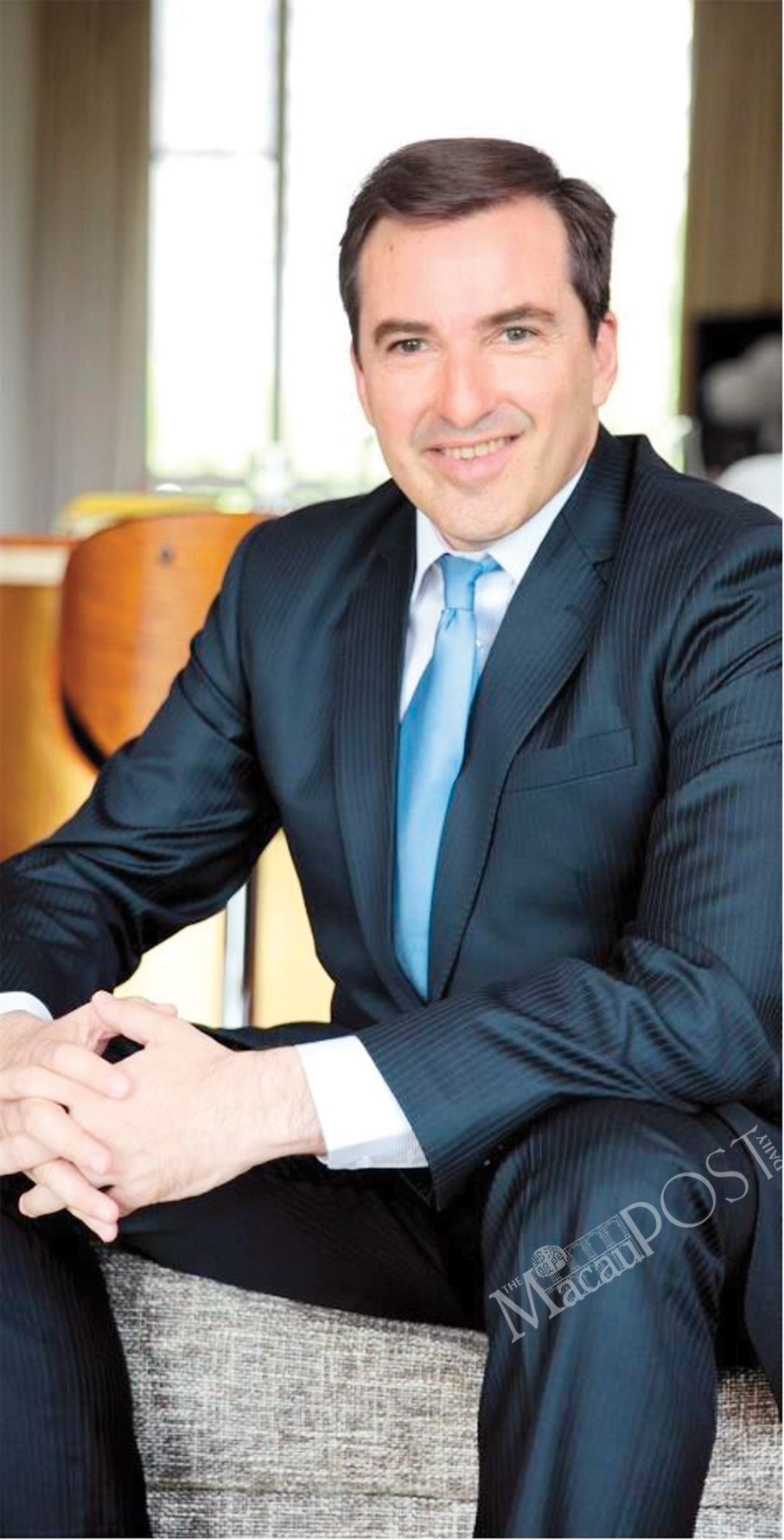
Undated file photo of Uruguayan Ambassador Fernando Lugris to China
